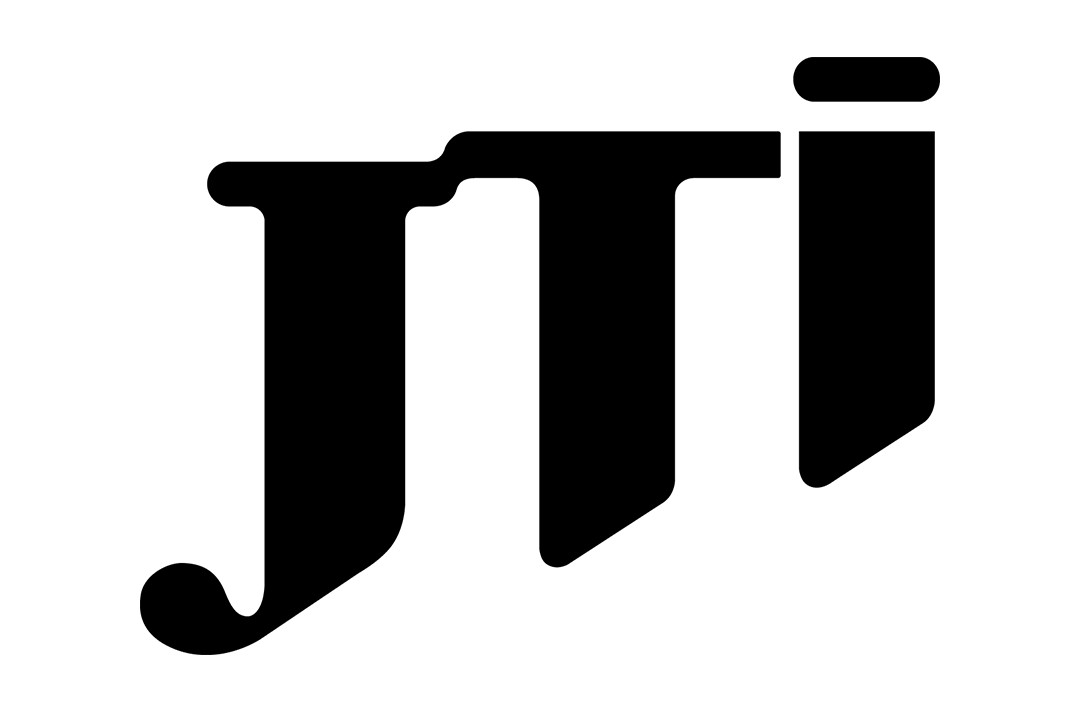Energy management is one of the biggest challenges – and opportunities – facing HR professionals today.
Following the pandemic and the cost-of-living crisis, many employees are feeling burned out and struggling to maintain a good work-life balance. Burnout and work-related stress costs the UK economy an estimated £28bn a year, while employees who feel they don’t have the time and energy to get their work done are 3.5 times more likely to say they also struggle with being innovative or thinking strategically.
A recent study by Mental Health UK found that one in four adults feel unable to manage stress and pressure levels in their lives, while one in five have needed to take time off work in the past year due to poor mental health caused by pressure or stress. These figures highlight why it's pivotal for businesses to be aware of the signs of burnout, and implement initiatives to support employees.
Since launching our pioneering Energise and Empower programme in 2021, which revolves around a range of energy-focused interventions and toolkits, we have seen marked improvements in employee wellbeing and resilience – for example, 95% feel positive about their wellbeing, 81% believe they have a stronger resilience to setbacks and 90% of employees feel like they are able to ask for help.
As our colleagues have become more comfortable talking about their personal energy needs, demand for support services such as mentoring and coaching have also increased.
Encouraging richer conversations about wellbeing
Our annual personal and team energy assessments are at the core of this. The first part of our personal energy assessments takes employees through a detailed questionnaire covering physical, emotional, mental and purposeful energy as well as recovery, agility, teamwork, strength of character, personal outlook and wellbeing, pressure and performance, empowerment and inclusivity. The second part focuses on team energy assessments, including culture, work demands, control, working relationships, change, role and support.
For both, responses are given in the form of a score out of six, rather than open-ended questions. This structure encourages reflection about wellbeing and mental health in a way that feels accessible and non-stigmatising, and the approach has normalised conversations about personal energy across our organisation.
Empowering employees to choose what’s right for them
Our energy assessments may be standardised, but the support they allow us to provide is anything but. Our employees are free to structure their working days and weeks in ways that suit them and their families. We needed to ensure our approach to energy and wellbeing honoured that same spirit.
People don’t want to be told how to live their lives. If applied too rigidly, well-intentioned interventions can quickly start to drain people’s energy, not boost it. Conversely, knowing your preferences matter and will be respected can be energising in its own right – and energy assessments are a great way to capture, clarify and amplify those preferences.
Preventing burnout earlier
Often, employees themselves don’t realise they’re burning out until it’s too late. We found energy assessments to be a valuable tool when screening for potential warning signs of burnout, enabling us to identify and support at-risk employees earlier.
They also help employees understand what their own triggers are, which then helps them better manage their stress curve.
Creating a true feedback culture
The granular data from energy assessments enables us to gauge employee wellbeing within specific business functions and divisions, and even down to individual line managers. This has allowed us to provide more targeted feedback to teams and line managers.
Completing energy assessments has also made employees and managers more comfortable giving and receiving feedback, helping us build a true feedback culture.
Ultimately, energy management isn’t a quick fix. It requires sustainable, long-term change rather than flashy initiatives. Energy assessments won’t transform energy levels or eradicate burnout – but they can help build a more energised and empowered organisation by opening the door to deeper, more nuanced conversations about wellbeing.
Joanne Ayres is business partnering manager for JTI UK












